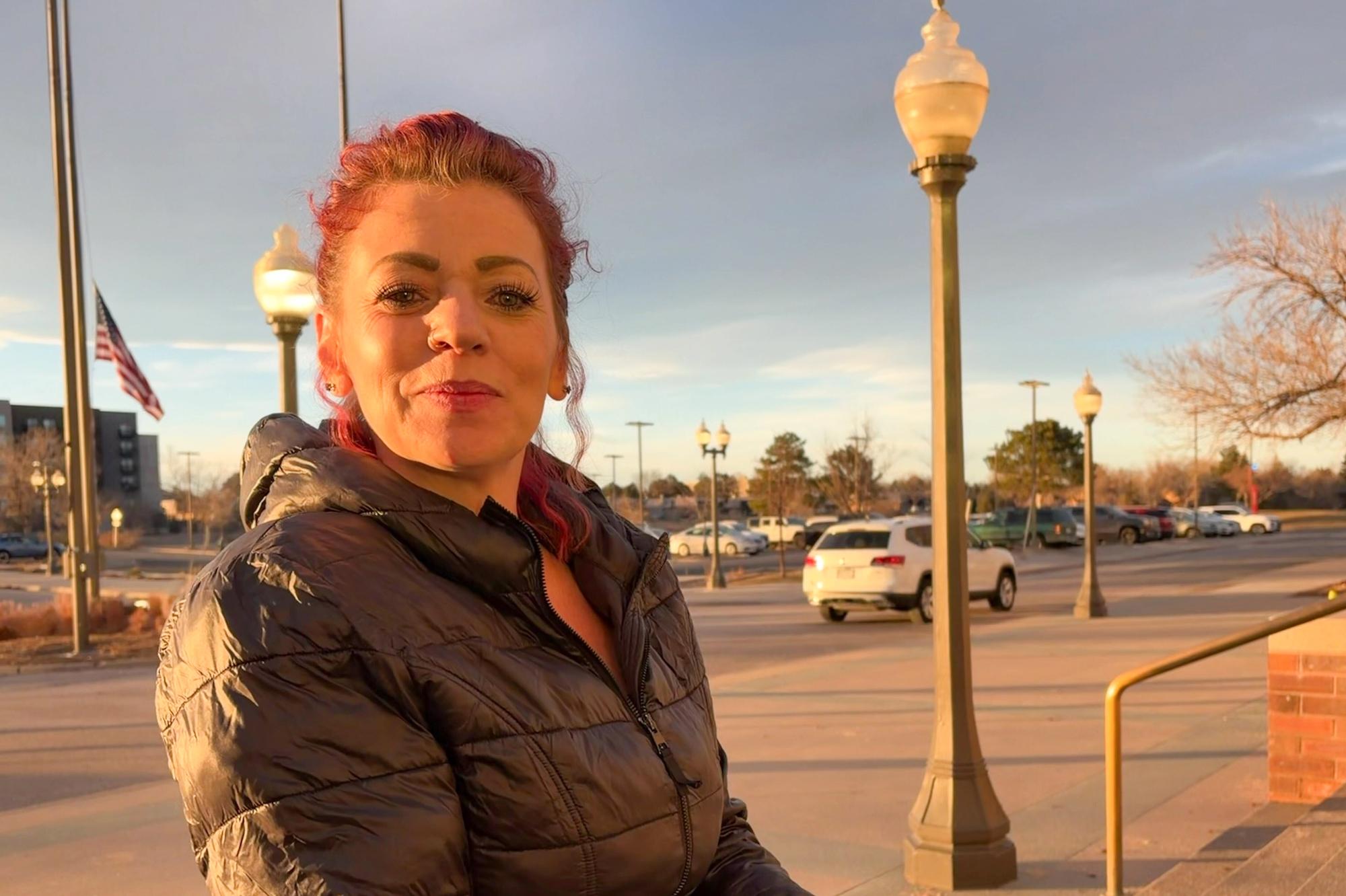
Updated March 30, 9:07 a.m.
After more than two years in office, Gov. Jared Polis has outlined what he’s described as a “bold” vision to confront climate change in Colorado.
Lawmakers from his own political party now want to make sure it actually happens.
On Monday, a group of progressive Democratic state lawmakers introduced legislation they say will hold Polis to his commitments. The move follows lawsuits and public criticism from environmentalists, who have grown frustrated with the administration’s pace on the issue. It’s also the clearest example of a policy split among Colorado Democrats, who disagree over the need for aggressive government action to head off the worst consequences of climate change.
Polis has differentiated himself from some other blue-state governors on the issue, resisting fines and mandates in favor of direct collaboration with specific industries like the utility sector.
Democratic state Sen. Faith Winter, who represents Westminster and helped craft the legislation, which was introduced Monday, said it’s not meant to aggravate a conflict with the governor but accelerate his current efforts.
“This is about implementing the governor’s own plan and the good work his office has already done,” Winter said. Nevertheless, Winter added the administration is “not yet” on board with the plan, but she remains “hopeful.”
But Polis is not jumping toward compromise.
In a statement, spokesperson Shelby Weiman said the administration is open to some pieces of the bill, but can’t accept the main provision calling for a tougher approach on greenhouse gas emissions. While Colorado now has broad, economy-wide targets, the legislation would cap the amount of greenhouse gas different economic sectors — like power generation, buildings and oil and gas — could emit in 2025 and 2030. Under the proposed legislation, Colorado regulators must implement rules to hit those targets by March 1, 2022.
“While there are elements in the bill — like an expanded focus on environmental justice and new resources for the department tasked with a large portion of our climate work that we would be supportive of — the hard caps are something we simply will not support,” Weinman said.
The legislation follows up on Colorado’s 2019 climate action plan. The law calls for the state to cut greenhouse gas emissions 26 percent by 2025, 50 percent by 2030 and 90 percent by 2050. Each of those goals is measured against Colorado’s 2005 emission levels.
Earlier this year, Polis’ office released its final climate roadmap, which laid out the state’s pathway toward meeting those goals. By the state’s own analysis, current policies only get Colorado emitters halfway toward the 2030 target. Additional changes, like a rapid shift to electric cars and buses, could be enough to close the gap, according to the policy outline.
The proposed legislation aims to put regulatory teeth behind those future policies. The 2019 climate action plan tasked Colorado’s Air Quality Control Commission with regulations to meet the emission reduction targets. Under the proposed legislation, the panel would need to implement those rules by March 1, 2022.
- Aurora And Colorado Springs Want More Water. The Proposed Solution — A New Reservoir — Would Have Far-Reaching Impacts
- Distrustful Of Suncor And Government, A Commerce City Nonprofit Wants To Monitor The Air Itself
- These Little Devices On Oil Fields Make A Lot Of Emissions. New Regulations Could Change That
The proposed measure would also require a new fee on greenhouse gas emissions, covering a range of pollutants known to warm the climate. Companies would be required to pay $32 per ton during the current fiscal year and $36 per ton over the next fiscal year. The commission would set the price in the years afterward.
The new revenue would then go toward staff and programs meant to push the state toward its climate targets. A portion would also fund an environmental justice ombudsperson and an advisory board within the Colorado Department of Public Health and the Environment, which would try to guarantee the regulations benefit those most impacted by climate change.
Democratic state Rep. Dominique Jackson, a co-sponsor who represents Aurora, said that almost always means low-income communities of color.
“We have to make sure that as we work to combat climate change, we are doing so in a manner that includes the voices of those communities that have been harmed the most,” she said.
A coalition of environmental groups helped craft the legislation. Kelly Nordini, the executive director of Conservation Colorado, said her group was “deeply” involved with the effort, which she said offers Gov. Polis an opportunity to show leadership on climate change.
“We know what the pollution reduction targets are,” Nordini said. “We’re not there yet.”
Editor's Note: This story has been updated to include comments from the governor's office.









